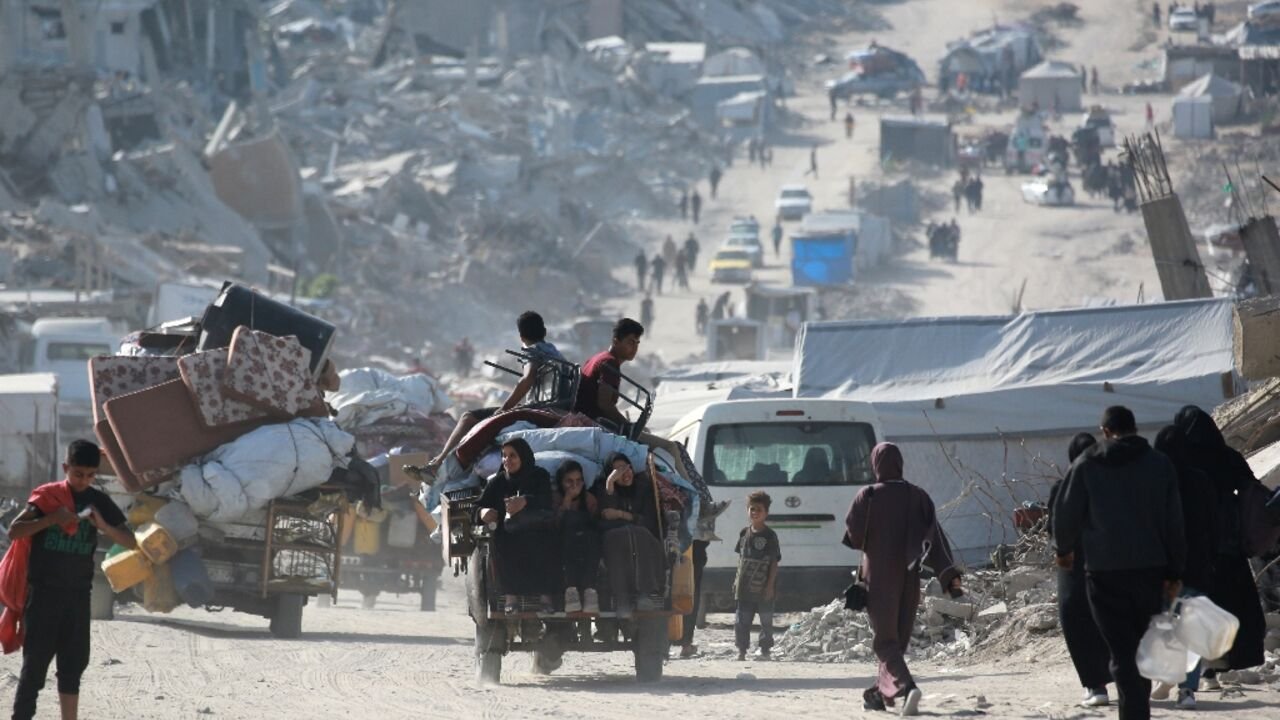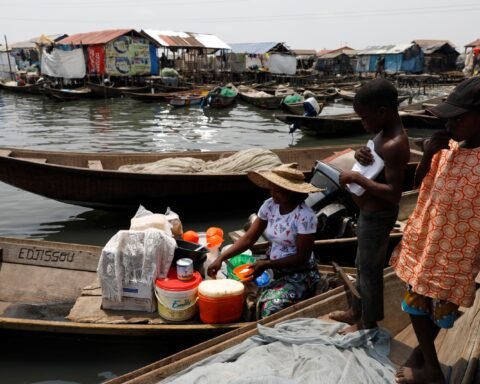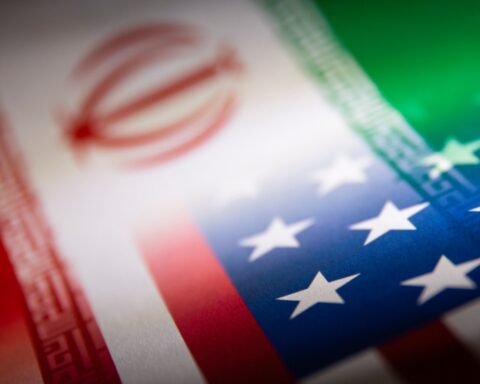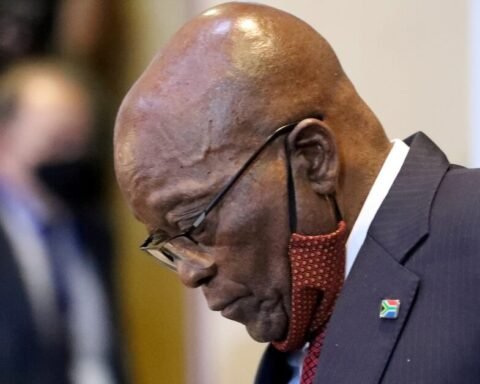The pressure on Israel is no longer confined to diplomatic chambers — it is now spilling onto the seas, the cultural stage, and public opinion across Europe.
As the war in Gaza rages on, with United Nations experts warning of possible genocide, governments and institutions are beginning to take unprecedented steps that highlight growing unease with Israel’s actions.
In the Mediterranean, a civilian convoy known as the Global Sumud Flotilla is pushing toward Gaza, carrying medical supplies and activists determined to challenge Israel’s long-standing blockade. The journey has been anything but peaceful. Reports from organisers allege drone attacks struck the flotilla near Greece, though no fatalities were confirmed. In response, Spain and Italy deployed naval vessels to shadow the aid boats — not to wage war, but to provide protection and, if necessary, rescue. Their decision sends a powerful message: Europe will not sit idly by as humanitarian missions come under threat.
At the same time, the cultural world is feeling the tremors of the conflict. The European Broadcasting Union has scheduled a vote in November to decide whether Israel will be allowed to participate in the Eurovision Song Contest next year. Several member broadcasters, including those from Spain, Slovenia, and Ireland, have already warned they will withdraw if Israel remains in the competition. A contest once built to unite post-war Europe now faces the risk of splitting apart over the war in Gaza.
Also Read; Who Decides How Societies Live?
Meanwhile, in Slovenia, the government has barred Israeli Prime Minister Benjamin Netanyahu from entering the country, describing the decision as a principled stand amid accusations of war crimes. It is a rare move within European diplomacy — and one that signals how rapidly the tide of public and political sentiment is turning.
Yet, while these debates unfold in European capitals, life inside Gaza remains unbearable. Families are struggling with relentless bombardment, medical services are overwhelmed, and food shortages deepen by the day. Aid organisations warn of a humanitarian catastrophe spiraling out of control. Each international action — whether a naval escort, a diplomatic ban, or a cultural boycott — may feel symbolic, but for Palestinians on the ground, such gestures carry the weight of hope.
Europe’s moves reflect more than politics; they echo the voices of ordinary citizens who demand accountability, fairness, and humanity in the face of devastating loss. For now, Gaza waits, battered and grieving, while the world decides whether its solidarity will remain words — or turn into lasting action.







